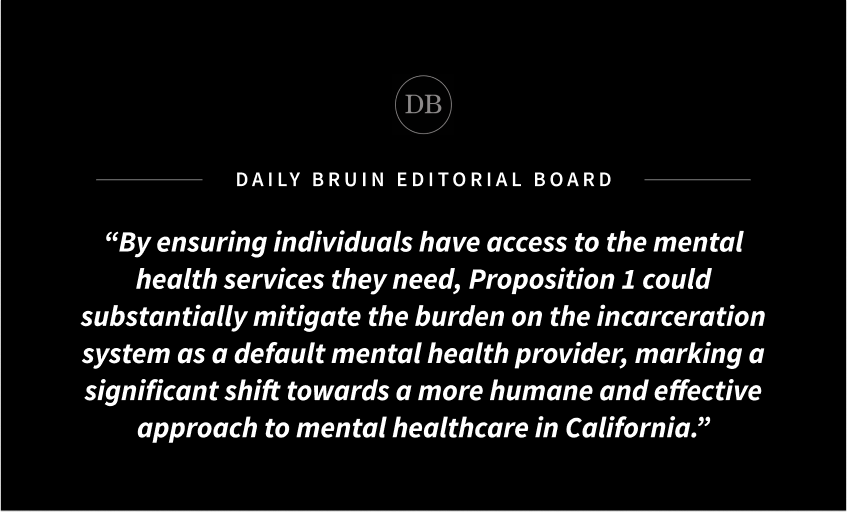Gov. Newsom’s CARE Court sparks debate over involuntary care, ethical concerns

The United States Courthouse in Los Angeles is pictured. A new statewide program will allow people, including family members and first responders, to petition those with severe mental health and substance use disorders into civil courts, where a judge may compel them to follow a state-administered health plan. (Wikimedia Common Courtesy via Mike Jiroch)
By Elsie Shi
Nov. 6, 2023 9:22 p.m.
Students and experts acknowledged both benefits of and ethical concerns with a new statewide mental health program.
Under Gov. Gavin Newsom’s Community Assistance, Recovery and Empowerment Court program, people including family members and first responders will be able to petition those with severe mental health or substance use disorders into treatment, according to the California Health and Human Services Agency. According to the Office of the Governor, they may be ordered by a civil court judge to undergo a treatment plan or placed under a conservatorship, in which someone else oversees their personal and medical affairs.
The program was created to help particularly those experiencing homelessness by connecting them with a CARE Plan that can last up to 24 months, which would include medication, temporary housing and support from an individualized care team, according to the Office of the Governor.
Rena Repetti, a research professor in the Department of Psychology, said the program is mostly targeted toward those who may be unaware of their own illness because they are experiencing delusions. She added that involuntary treatment is a complex issue that has been long debated.
“Across history and across cultures, there’s an impulse to help people control their behavior when they seem out of control,” Repetti said. “People grapple with the debate between to what extent to help people control or even force people to control their behavior, especially if they seem to be a danger to themselves or others, versus to give them freedom.”
Although Repetti said she is largely in favor of the program, others expressed limited support for the program because of potential ethical concerns.
“I don’t think the program is necessarily ethical. However, I understand the need for it because there are certain people who simply are not capable of asking for help on their own,” said Nicholas Seyfried, a member of the UCLA branch of Enriching Community Health Outreach, a nonprofit focused on equity in healthcare access.
Additionally, the measure does not guarantee the help will be effective, said Seyfried, a second-year dance and public affairs student. They added that they think more time is needed to understand how people fare psychologically under this program.
Chris Herring, an assistant professor of sociology, said he disagrees with the program, as people may be forced into treatment against their will. He added that while the governor and state are increasing their efforts to provide mental health resources, the program currently does not have the adequate resources to support those individuals.
Herring said he thinks that instead of funding a new court process to coerce people into involuntary treatment, the money could go toward improving existing resources. He added that current mental health solutions for people experiencing homelessness fail to address housing issues, which might lead to recurrence of the same symptoms and problems.
“I think more money, resources and advocacy efforts could go to advancing what we already have, … such as housing for those who are unsheltered and making mental health services more available and affordable,” Seyfried said.
Herring added that he thinks the current resources will be disproportionately distributed to those individuals who are policed the most or who have families who are willing to advocate for them. He said he thinks that mental health infrastructure should be separate from the legal system, directing resources to those with medical expertise instead.
However, Repetti said she believes CARE Court will help individuals accept the care they are receiving under a team of experts who have been trained to work with those with mental illnesses. She said she does not believe the court system will be threatening or aggressive to those individuals and that it would instead help them understand the treatment they will undergo.
Herring said he thinks that mental health infrastructure must be expanded so individuals can access treatment before reaching the point where they would need an involuntary treatment response.
“If folks are in involuntary care situations, these institutions and placements have to be humane. They have to be comfortable. They have to reduce harm. They have to provide choice and the ability for people to make decisions,” he said. “All of these factors are currently not readily available in most contexts of involuntary care, which often makes them more harmful than helpful and can be traumatizing in their own right.”






